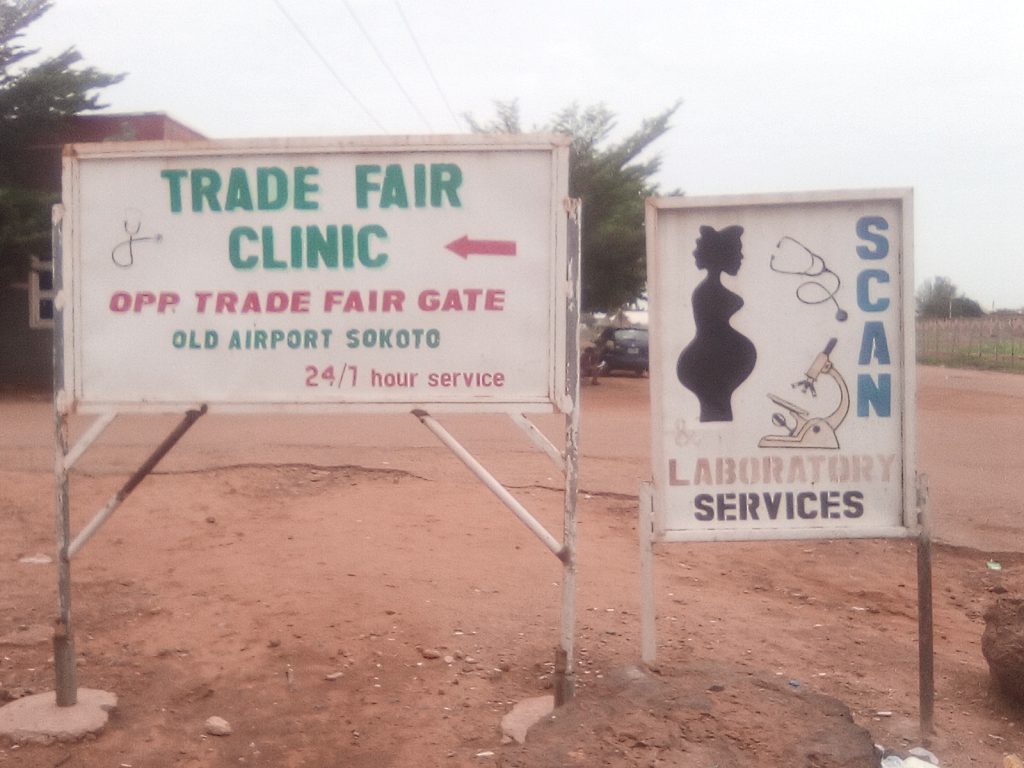As Nigeria grapples with a persistent cholera outbreak, Sokoto State presents a complex picture of the epidemic’s impact and response. Cholera, a severe diarrheal disease caused by ingesting food or water contaminated with the bacterium Vibrio cholerae, remains a significant public health challenge in the country. According to the Nigeria Centre for Disease Control (NCDC), a total of 1,579 suspected cases were recorded with 54 deaths (CFR 3.4 per cent) reported from 32 states as of 23rd June 2024
To understand how this crisis is being managed at the grassroots level, ASHENEWS visited private hospitals, clinics, and pharmacies across Sokoto State. Our findings reveal a mosaic of experiences and responses to this debilitating disease.
It revealed that Lagos, with 537 cases, accounts for 34 per cent of all suspected cases in the country. The Chairman of the Forum of Health Commissioners of Nigeria, Dr Oyebanji Filani, in some news reports revealed that 22 states have received test kits and other materials from the Federal Government following the recent cholera outbreak in some parts of the country.
Diverse clinical responses
Despite the alarming national statistics, some healthcare providers in Sokoto report a relative lull in cholera cases. For instance, Dr. Okezaie Emmanuel of Victory Hospital on Old Airport Road shared that his facility has not admitted any cholera patients recently.
However, he anticipates a surge in cases as the rainy season begins as he said that the rains often exacerbate the spread of waterborne diseases by introducing contaminants into local water supplies. “We haven’t seen any cases yet, but I think they might start coming soon because of the recent heavy rain. It brought a lot of dirt into the city, and children play where it’s dirty. We are keeping an eye out and getting ready in case any patients come in needing treatment,” Emmanuel noted.
Similarly, Dr Sakina Musa from Saraki Specialist Hospital at Ali Akilu/Abdullahi Kure Junction and Mrs Linda Sadiq from Liberty Clinic near NNPC filling station report that they have had no recent admissions of cholera patients, underscoring a varying impact across different locations within Sokoto State.
The ground-level view from pharmacies
In Sokoto state, some pharmacies seem to be playing a critical role in the frontline management of cholera, especially in rural and underserved areas.
Mrs Love Harrison, who runs a pharmacy on Offa Road, is a vital first contact for many in her community due to its strategic roadside location. She encounters about four to five patients weekly showing symptoms consistent with cholera, such as severe diarrhoea, vomiting, and abdominal pain.
Harrison primarily administers injections to treat cholera, believing them to be the quickest and most effective intervention. “Injections work fast, and most of my patients recover swiftly. However, if the condition persists, we refer them to the hospital for further care.
“Cholera is a sickness that can be in you without you knowing. Its symptoms like vomiting, diarrhoea with blood, stomach pains, and weakness can feel like normal weakness. People often don’t realize they have cholera until we diagnose them.
“Cholera spreads through dirty water, contaminated fruits and vegetables, and flies on food. If our treatment doesn’t work, we send them to the hospital for more care”, she stated.
Conversely, Mr Samuel Ojo of Optimal Patent Medicine Store on Gusau Road reported no cholera cases in the past seven months. His observation aligns with reports from some local health facilities, suggesting a possible fluctuation in the distribution and intensity of the outbreak within the state.
According to Ojo, he only hears about cholera in the news, where it is being reported to be affecting people across the country. “But no one has visited my store for treatment over cholera. “Cholera is caused by dirty environments where children play and spend a lot of time. They can catch it and spread it to others like their friends and family. The best way to prevent it is by keeping the environment clean.”
Clinic insights and patient recovery
At the Trade Fair Clinic, Dr. Farida Muhammad Tukur provided a stark contrast. She treats three to four cholera patients weekly and emphasizes the efficacy of prompt medical intervention. “All our patients recover fully before discharge. Early treatment is crucial to prevent fatalities,” Dr. Tukur highlighted.

Her clinic’s success in managing cholera underscores the importance of accessible and timely healthcare as she said that no one has died from cholera at her clinic.
“Cholera can be hard to detect because its symptoms, like stomach pain, headache, vomiting, and diarrhoea with blood, seem like common sickness. People often think it will go away quickly, but it doesn’t.”
Environmental factors and public health concerns
Cholera thrives in conditions of poor sanitation and contaminated water supplies. The recent rains in Sokoto have heightened concerns about a potential uptick in cholera cases. These rains often wash contaminants into rivers and reservoirs, the primary sources of drinking water for many communities.
The NCDC emphasizes that prevention hinges on improving access to clean water and sanitation facilities, alongside public health education on hygiene practices.
Community Impact and Preparedness
While some healthcare providers report minimal or no cases, the broader community’s resilience and preparedness are tested. Mrs Love Harrison‘s pharmacy, strategically located by the roadside, sees frequent visits from locals seeking immediate relief from cholera symptoms. Her experience reflects a community heavily reliant on accessible healthcare providers for initial treatment.
Dr. Steve Adonalo of Ashmed Specialist Hospital noted a prolonged absence of cholera cases at his facility. This observation might indicate effective localized public health measures or perhaps gaps in reporting and patient outreach. “We haven’t had cholera cases in over a year, which is encouraging. However, we remain vigilant and prepared,” Adonalo stated.
The Way Forward
In Sokoto state, while some areas report significant patient recoveries and effective treatments, others remain braced for potential outbreaks driven by environmental factors and seasonal changes. The collective efforts of these clinics, pharmacies, and hospitals highlight the critical need for sustained public health interventions, community education, and infrastructure improvements to combat cholera effectively.
As Sokoto and the broader Nigerian society navigate these challenges, the role of healthcare providers at all levels remains pivotal. The commitment to treating and preventing cholera underscores a broader narrative of resilience and hope in the face of public health adversities.


